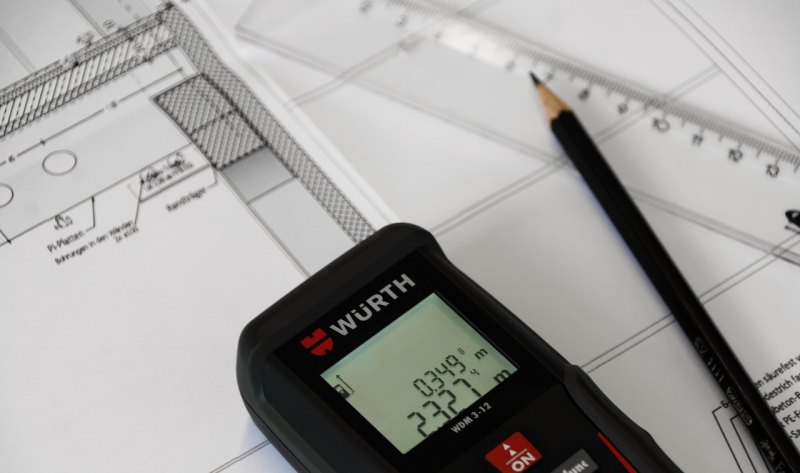Earthquakes are one of the most terrifying natural disasters that can strike without warning, causing immense harm and loss of life. Therefore, it is essential to know how to escape safely during an earthquake. This article will provide some tips on how to escape from a building during an earthquake, as well as what to do before, during, and after an earthquake.
Before an Earthquake
Understand the risks: Learn about the potential earthquake risks in your area and the types of structures you may be in during an earthquake.
Create an escape plan: Work with your family or roommates to develop an earthquake escape plan and practice it regularly. Include an out-of-building meeting place and an evacuation route.
Stockpile emergency supplies: Keep a supply kit of non-perishable food, water, first aid kit, flashlight, and batteries in an easily accessible location.
Drop, cover, and hold on: If you are indoors, drop to the ground, take cover under a sturdy desk or table, and hold on until the shaking stops.
Avoid exits: If you are in a tall building, avoid using the elevators and stairs. Instead, stay away from windows and exterior walls.
During an Earthquake
Take cover: If you are outdoors, move away from buildings, power lines, and trees. Find a clear area away from obstacles and蹲下to protect yourself from falling debris.
Stay inside: If you are in a vehicle, stop and stay inside. Avoid parking near buildings, bridges, or overpasses.
Duck, cover, and hold on: If you are in a low-rise building, duck under a sturdy desk or table and hold on until the shaking stops.
Avoid using elevators: If you are in an elevator, get out and move to a clear area.
Stay calm: Avoid panicking and follow the instructions of your teacher, parents, or emergency responders.
After an Earthquake
Check for injuries: Check yourself and others for injuries and provide first aid if necessary.
Avoid damaged buildings: Stay away from buildings that may have been weakened by the earthquake.
Use caution when using appliances: Appliances such as gas stoves and heaters can be dangerous after an earthquake. Make sure they are turned off and check for leaks.
Listen to the radio: Listen to the radio for emergency instructions and information.
Return home only when it is safe: Return home only when it is safe to do so and follow the instructions of emergency responders.
Earthquakes can happen at any time, so it is essential to be prepared. By following these tips, you can increase your chances of surviving an earthquake and keeping yourself and your loved ones safe. Remember, prevention is key, and having a plan in place can make all the difference.












